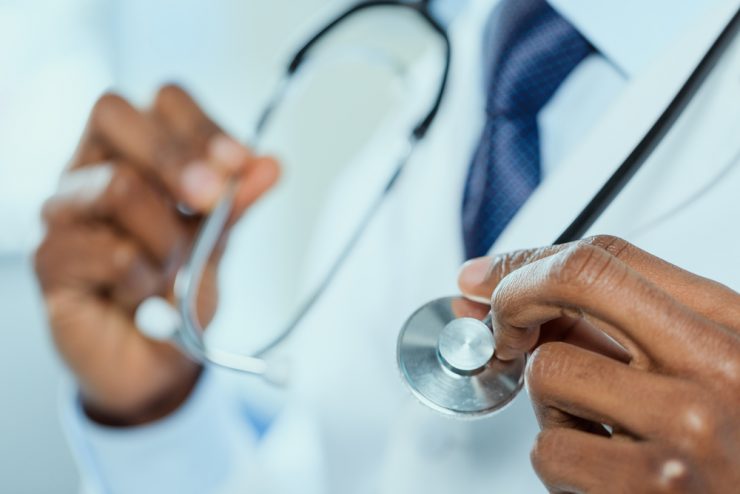Insect bites are laceration or puncture wounds which happen due to bites due to insects such as mosquitoes, midges, gnats, fleas, flies and bedbugs.
The insects while biting release a typical form of saliva that causes blisters, inflammation and irritation.
The symptoms of insect bites vary from person to person depending on the sensitivity of the person and type of insect that caused the bite.
Symptoms
An itchy small lump develops in the area of the bite, where the actual bite can also be seen. Sometimes, there will be fluid collection around the lump which is known as weal.
Even though allergic reactions occur, they may not be very severe. Symptoms of allergic reaction are:
- severe itching
- rashes in several parts of the body
- severe swelling of tongue as well as the lips
- wheezing
- nausea
- dizziness
- chest pain
Symptoms of an infection due to insect bite are:
- flu-like symptoms
- pus in and around the bitten area
- swollen glands
- increase in swelling, pain and redness in the area affected.
Bites due to gnats, midges and mosquitoes can cause blisters or weal. Flea bites can lead to papular urticaria as well as fluid-filled blisters.
The bite of horseflies can cause:
- dizziness
- wheezing
- weakness
- urticaria
- angio-oedema
The bites of bed bugs can cause weals.
Causes
The popular causes of insect bites are;
- Frequent visit to pets
- Lack of hygiene in the living environment
- Nests of birds near the house
- Moving to a house which had been empty
- Old furniture, upholsteries
- Outdoor occupation as in forests
- Travel to certain places that have specific insect types
Treatment
The small reactions local to a specific are can be treated using cold compression. The use of analgesics will help in reducing the pain.
Use of anaesthetic as well as steroid creams help in reducing the pain at the affected area of the insect bite.
Antihistamines in the oral form help in controlling the itching of the area affected.
Use of oral analgesics and oral antihistamines for a short period will help in the treatment of local reactions that are large in size.
Urticaria may be treated by prescribing oral corticosteroid and oral antihistamines.
Use of adhesive bandage is advised with ones with the blisters.
Complications
There are chances for the development of secondary bacterial infection like cellulites, impetigo or lymphangitis after an insect bite. The usual skin infections that occur due to insect bites are streptococcal skin infection and the staphylococcal skin infection. These can be treated using antibiotics like oral flucloaxacillin.
Another infection that occurs due to in sect bite is Lyme disease. The bacterium called Borrelia burgdorferi causes this infection. It is transmitted via a tick species, Ixodes ricinus.
If this is not treated properly it can result in critical conditions affecting nervous system like:
- Facial palsy
- Meningitis
- Radiculopathy as well as
- encephalitis
This can also damage joints and cause arthritis. Other complications asociated with this are myocarditis and pericarditis,











